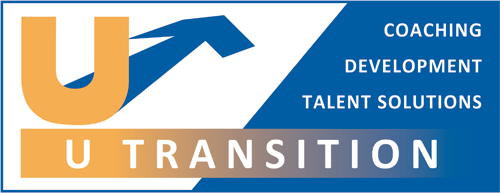
 Do you have that “always right” never in doubt employee in your organisation?
Do you have that “always right” never in doubt employee in your organisation?
We’ve all seen them, some of us have worked with them and most of us can certainly identify a few of them. Those personality types that muck up the atmosphere at work and typically put a wrench in productivity because of their dominance. The very strong type personality that sometimes gets categorised as a bully because of their strong convictions. This person’s wealth of “certainty” may not have a positive effect on your company.
The Harrison Assessment can help you identify and positively develop these personality types.
If the individual scores high in Certainty (8-10) on the Harrison Assessment it indicates a very strong-minded person who gets along well with people with the same beliefs, but often has difficulty with people with different beliefs. This is the case even if there is a balance of a high Open/Reflective score.
However, a high Certain score, combined with a low Open/Reflective, indicates dogmatism. Dogmatism is even greater when combined with other potentially negative traits such as Dominance (high Assertive, low Helpful), Bluntness (high Frankness, low Diplomacy), Impulsiveness (high Risking, low Analyzes Pitfalls), Harshness (high Enforcing, low Warmth), Defensiveness (high Self-Acceptance, low Self-Improvement), Authoritarian (high Authoritative, low Collaborative) and low Organizational Compatibility.
Someone who is always right may end up in a conflict when faced with someone of different beliefs/personality. Excessive need to be right certainty can be a barrier between people. This may indicate the need for emotional intelligence training.
A move towards self- improvement may be a catalyst for advancement. Improving warmth, collaboration and flexibility will help balance this.
You may have invested a significant amount of time, energy and training dollars into this person. If you choose to manage them, give them a work fit personality assessment such as the Harrison. This may help guide you to a developmental plan that may harness some of the certainty and motivate them to work with people that have differing views and beliefs.
